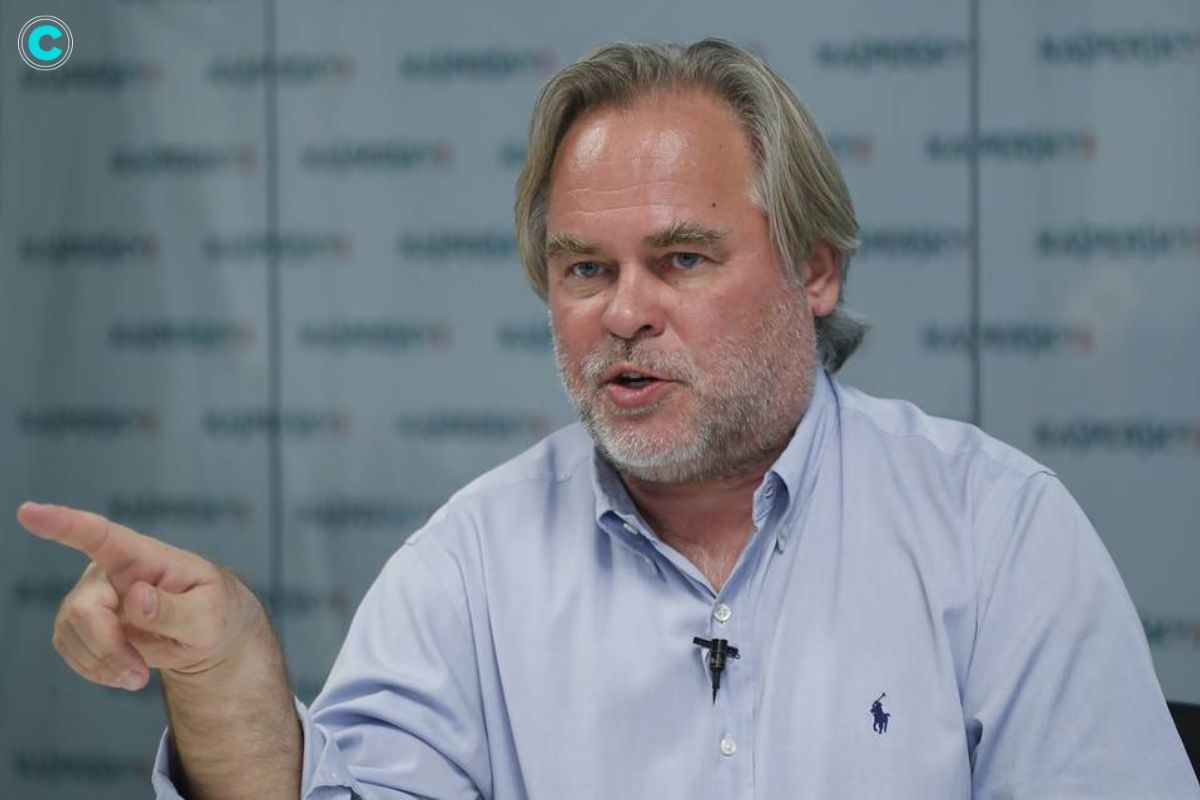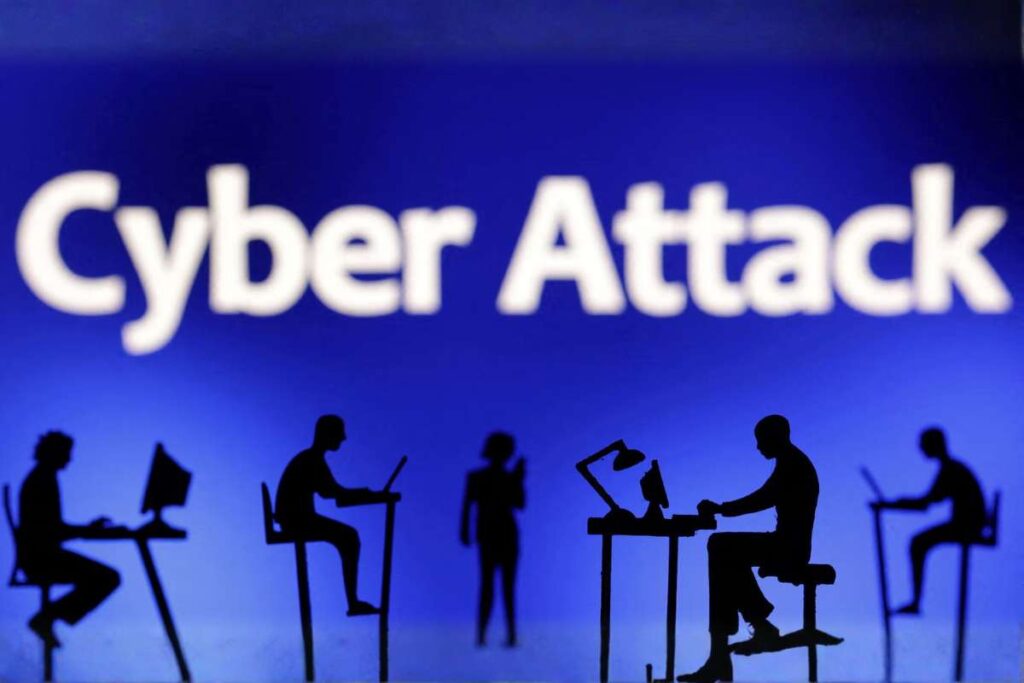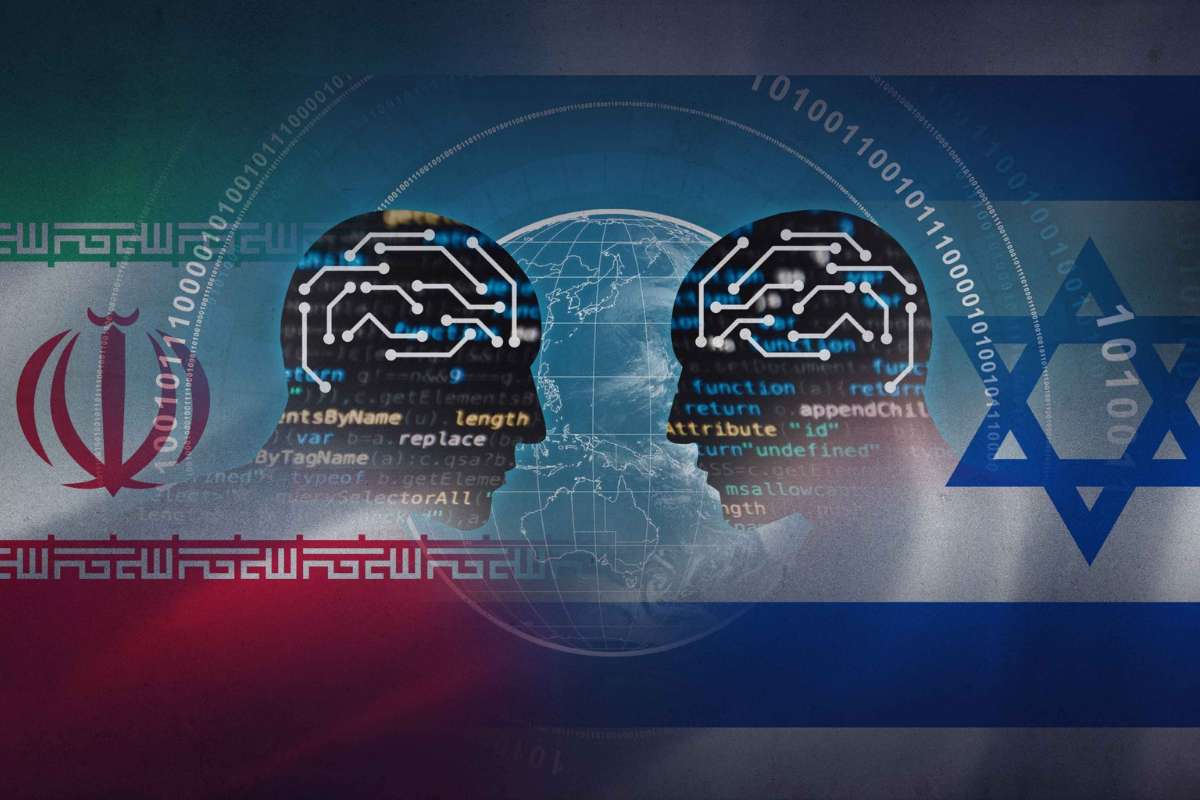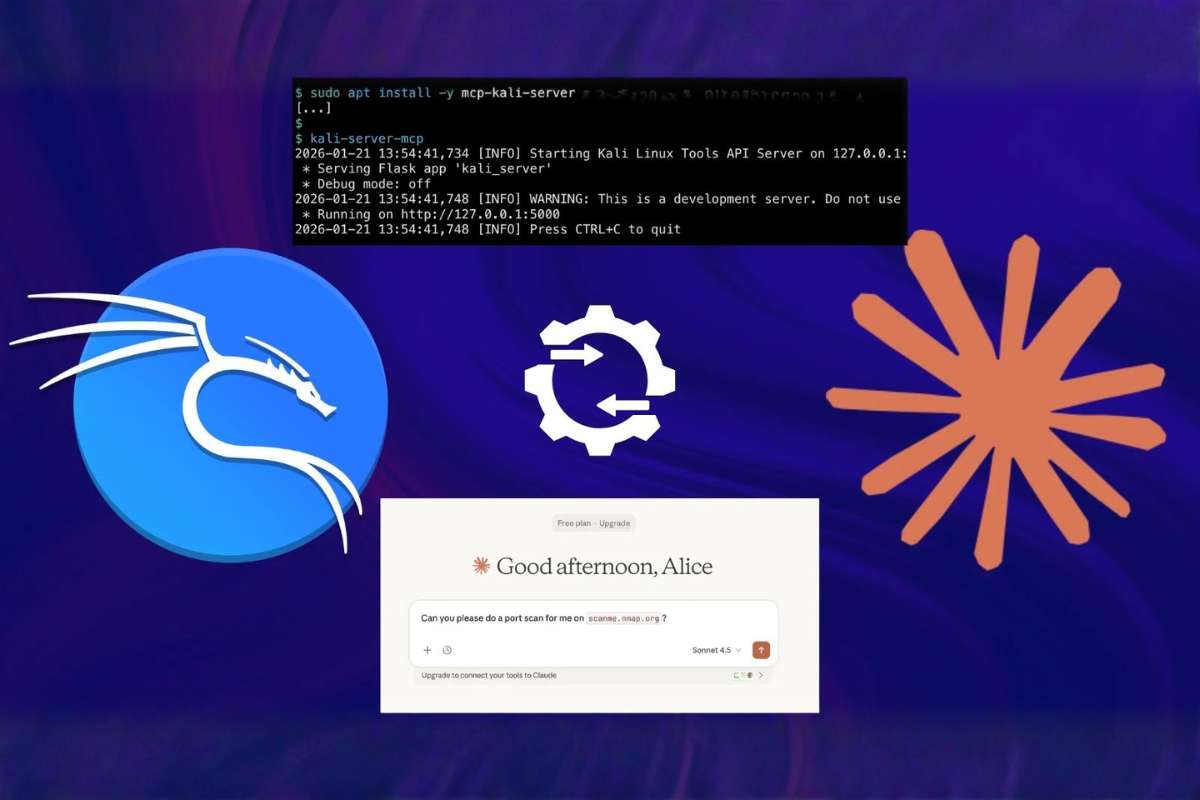(Source – WSJ)
Challenges and Allegations: Kaspersky’s Struggles in the US
Eugene Kaspersky, the founder of Kaspersky Lab, a leading cybersecurity firm, recently shared insights about his company’s challenges and the evolving landscape of cyber threats in an interview with EL PAÍS. Kaspersky Lab has been under intense scrutiny in recent years, especially in the United States, due to allegations of its ties with the Russian government. These concerns led to the U.S. government banning the use of Kaspersky’s software by federal agencies in 2017, fearing potential espionage.
The situation is poised to become even more challenging as the Biden administration considers an order to prohibit American companies and citizens from using Kaspersky’s software, citing national security risks. Despite these hurdles, Kaspersky remains resolute. “There are things in the world that we cannot change,” he remarked. He emphasized the importance of adapting to new realities, likening the challenges his company faces to enduring a thunderstorm. Kaspersky also highlighted the advanced capabilities of his company’s technologies, which detect malware in real-time and contribute to a global network of cybersecurity cooperation.
Global Skepticism and Defense Against Accusations
The skepticism towards Kaspersky Lab is not confined to the United States. Following Russia’s invasion of Ukraine in 2022, Germany’s Federal Office for Information Security advised against using Kaspersky’s products due to potential cyberattack risks. Despite these accusations, Eugene Kaspersky firmly denies any inappropriate ties to the Russian government, asserting that his company operates independently and transparently.
During a cybersecurity conference in Dubai, Kaspersky reiterated his stance, emphasizing that his firm’s operations are subject to extensive scrutiny, making covert actions implausible. He also addressed the significant impact of Western sanctions on his business, particularly in the U.S., where he noted a 50% drop in business. Nevertheless, he pointed out that in some regions, such as Spain, his company continues to be trusted and utilized by government agencies.
Kaspersky expressed concerns about the increasing cybercriminal activities that have surged since the onset of the Ukraine conflict. He drew parallels between the proliferation of these activities and other major events, such as natural disasters, which similarly attract malicious cyber activities.
AI in Cybersecurity: Double-Edged Sword
Eugene Kaspersky also delved into the complex role of artificial intelligence (AI) in cybersecurity. He explained that while AI significantly aids in detecting malware, it also equips cybercriminals with powerful tools. Kaspersky lamented the vulnerabilities of modern operating systems, which date back to designs from the 1960s and 1970s when computer systems were used primarily by scientists and the military.
Today, Eugene Kaspersky Lab detects over 400,000 new cases of malware daily, a task impossible to manage manually. This reliance on AI underscores the dual-edged nature of technology in the cybersecurity domain. Kaspersky expressed concerns about AI falling into the wrong hands, highlighting the sophisticated and organized nature of modern cybercrime syndicates, which function like corporations with specialized departments.
To combat these threats, Kaspersky is developing a unique, highly secure cell phone with minimal applications. This prototype device reflects his cautious approach to personal cybersecurity. He avoids sharing personal information online and limits access to his phone number to close contacts, emphasizing the importance of not trusting anyone on the internet.
Kaspersky also warned about the growing menace of deepfakes, especially in regions like Latin America. He urged users to employ updated security measures and remain vigilant against potential online fraud. In his view, the era of deepfakes necessitates heightened skepticism and caution in digital interactions.






